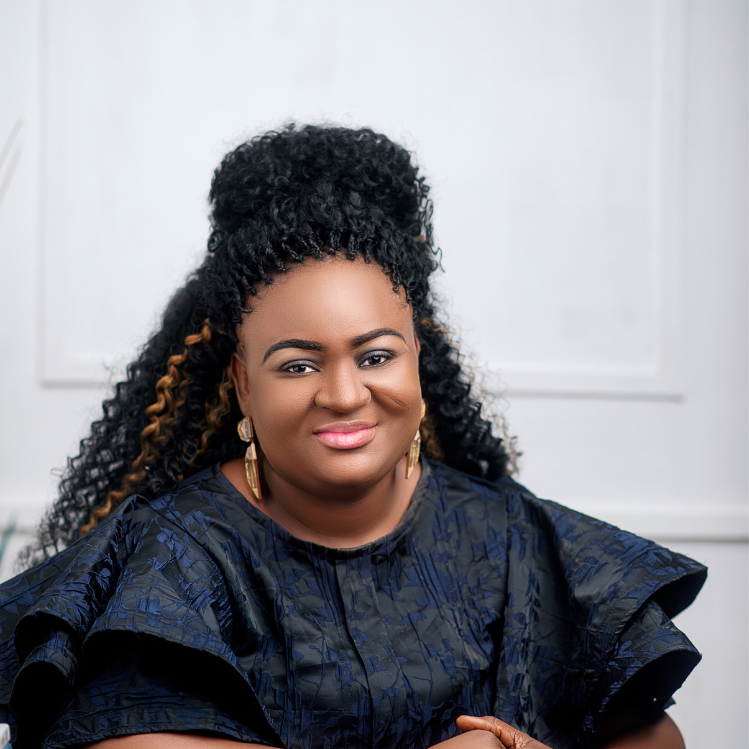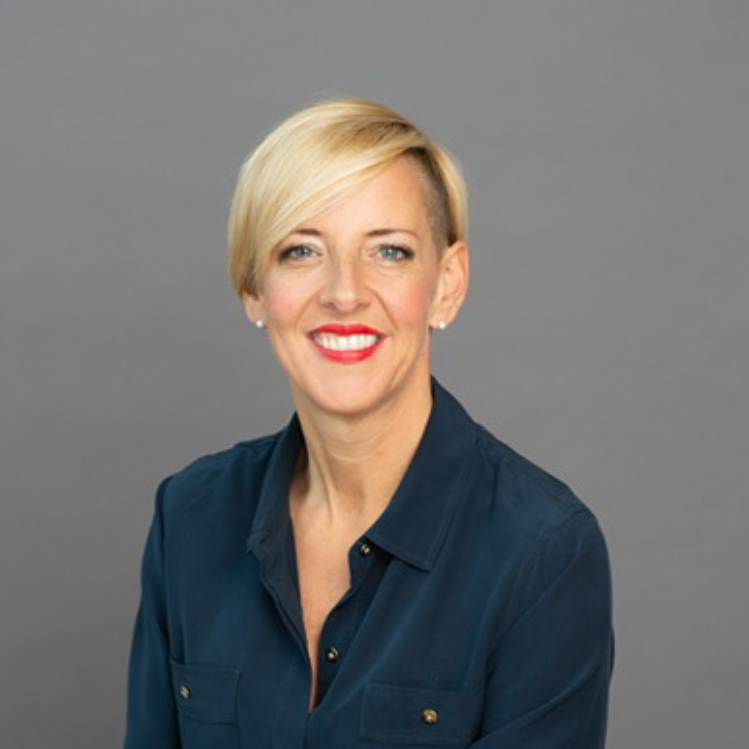
Exploring Authentic Communication with a Public Speaking Coach
Embarking on the path of public speaking coaching is not merely a career choice for some; it’s a convergence of diverse experiences and a commitment to transformative communication. Meet Kate Gilbert, whose journey from the stages of acting to the podiums of education has shaped her into a beacon of empowerment in the realm of public speaking. In this enlightening conversation, she unveils the profound insights garnered from her rich tapestry of experiences and how they’ve culminated into her unique approach to coaching.
You have a rich background in acting, education, and public speaking. Could you share how this unique blend of experiences led you to become a public speaking coach?
When I left drama school I was offered a job teaching drama in one of the most challenging schools in the country. I had no teaching qualification but they were desperate because no one was prepared to work there. My boyfriend worked as a music teacher in the same school and being only 20 and eager for experience, I took the job. It was a baptism of fire but I soon realised I was a natural when it came to helping kids express themselves through drama. I left with a glowing reference from the head teacher which allowed me to get more work in other schools. I did this to supplement my acting career for almost 2 decades. Years later I was teaching drama when a colleague asked me if I could teach public speaking to some challenging students to help them with their self-esteem. Through my acting, I’d done lots of public speaking, and hosting events and cabarets so I took the job. I was stunned at how much public speaking transformed those four initial students so I stayed in that school for three years and transformed hundreds of young people into confident self-assured students.
Working as a drama teacher in some of Manchester’s toughest schools must have been challenging. How did these experiences shape your approach to coaching and communication?
I learned a lot about how people think and how they respond to different teaching styles. At a young age, we are at our purest and most honest. Mostly untouched by the failures, mistakes, and negative experiences that shape us and litter our journey with obstacles as we get into adult life. It was a wonderful position to observe what lies at the heart of all of us. Somehow, when I work with a client now, I can see their pure child self; the authentic part of them that is vulnerable but powerful, hidden behind all of the reasons why they can’t. In the schools, my gift was to get past the excuses and connect to the heart of the child and lead them to be the best version of themselves. That was the challenge I set myself for all of the young people who needed me and the challenge I still set myself with my clients.
Having worked with notable figures like Damien Lewis and Jason Donovan, what unique insights have you gained from these interactions that you bring into your coaching?
Both of these actors are not just incredible performers but their professionalism and focus are what stood out for me. I found Jason very humble and human and was impressed by his control of the situation, nothing fazed him. He had a job to do and he was giving it his best whilst bringing fun along with it. With Damien, I observed a consummate professional; calm and focused when working but both of them liked to laugh. I learned that if you want to be the best, you need to focus 100% on what is happening in front of you, turn on that laser focus when it’s asked of you, and be confident in your abilities. They had strong self-reliance to deliver whatever was asked of them, even in the most high-pressure moments. Over the years, I’ve worked alongside many great theater actors and the best ones seem to be in a dance with the ‘moment’ and it’s this that makes them so watchable. This is what I aspire to do in my speaking and to support others to find.
You mention the transformative power of public speaking for your clients. Can you share a particularly memorable transformation story?
Last year I was approached by a billionaire. He was in his 70s and was a highly successful businessman. He revealed to me that his leadership style was like a dictator and it had gained him a lot of respect and huge financial reward over the years. But when I watched his video talks, I could see that the steely armor that he’d used to keep himself untouchable and remain a leader in front of others was completely closing him down as an authentic communicator. I decided that my job would be to break away the layers that he had built up to protect himself to maintain the image of the kind of boss that no one dared mess with. It was a risk because it would fundamentally change how he is seen and how he does business. After a couple of months of working together, he had had a huge transformation; his YouTube videos were gaining the interest of an extra 1 million plus viewers. He was leading with his vulnerability and he was lit up! Towards the end of the coaching, he told me that it had changed his life, not just his public speaking but how he feels about himself and how that was positively impacting how he interacts with others around him in business and his personal life.

Many people fear public speaking. What is your approach to helping clients overcome this fear and find their authentic voice?
I like to empower my clients. I often find that the image they hold of themselves is not in line with the achievements they have accumulated through their business and personal life. The mind naturally leans towards negativity unless we overpower it with positivity. I believe in a holistic approach to speaking; you must find authentically what you have to say, not what you think you should be saying. We’re often in fear of our voice, not sure if it is good enough or if what we’re saying is right or interesting. Most times I find my clients have incredible insights that need to be shared. Sometimes it is helpful to uncover someone’s life purpose to help them to the stage. Finding something bigger than the personal grievances in your mind can help you to share your stories or ideas. Some of my clients are still held back from negative experiences of being in the spotlight in childhood. Their subconscious has blocked the memory of it for years until I go in and start digging. We look for things that are creating their fear and then we reprogramme the mind’s association with public speaking through forgiveness and awareness.
You assist in content and structure tailoring for various audiences. What are some key factors you consider when helping a client prepare for a diverse audience?
I have a very detailed table that I take my clients through which consists of a lot of questions to identify the different members or groups of their audience. I then identify what each group is there for, what their problems might be, and how they might solve them. We’ll then start creating content from that place. It’s a little more complex than that but in a nutshell, I guess that’s what it is.
Even with your vast experience, you’ve mentioned still getting nervous sometimes. How do you manage these nerves, and what advice would you give to others?
Visualise, visualise, visualise!! Our subconscious doesn’t know the difference between what’s happening and what our imagination is dreaming up. If you play a scenario right now in your mind of a speech going badly, if you see yourself shaking and losing your words, notice how you feel in your body and your mind. I imagine you feel negative and disempowered. So change the film in your mind and imagine seeing yourself enjoying the experience and seeing everyone in your audience lit up by you. Notice how your body relaxes now. Another helpful tip is to put your attention on the audience. As an actor I used to get nervous before shows until one day someone said “The audience is paying to come and have an experience, not to see an actor who is flailing around with confidence issues”. It helped me to think about what they needed and focus on what I could give and not take. By allowing my nerves to affect my performance, I realized that I was subconsciously asking them to save me or playing out my victim drama which was nothing about them and all about me!
In your opinion, how crucial is effective public speaking for entrepreneurial success, and can you provide an example from your clients’ experiences?
It’s one of the best tools we have available to us. In a networking event, we can talk brilliantly to one or two people but you might only have the time to meet and spend quality time with ten people at best. From a stage, you get to speak to tens more if not, hundreds. One of my earliest clients – Sarah – was invited to do a keynote about neuro-diversity in education. She had spoken about this on many occasions but had come to me for help. I went to watch her deliver the talk we had worked on, and afterward, I couldn’t even steal a moment with her to congratulate her because there was a line of teachers who wanted to connect with her! Her Instagram went crazy with new connections and followers! She told me that had never happened before. She’s now a leading speaker in her field. I coached another one of my clients to speak up for the first time in a meeting full of mostly male engineers where she would traditionally stay silent. The CEO was so impressed by what she said and how she put it across that he invited her to come and talk to the whole c-suite with her ideas.
With over twenty years of teaching and workshop leading, what is the core philosophy or mantra that guides your coaching methods?
To be a human and speak with authenticity and be a contribution, full stop.
Looking ahead, what are your aspirations for your coaching practice, and how do you plan to evolve your offerings to meet the changing needs of your clients?
In 2024 I want to focus on taking more speaking opportunities myself to share my knowledge to a wider audience. I’m also working on a book that I hope will help many people to feel more confident. At the moment I’m setting up a group online course that is available to private individuals and entrepreneurs. I’m also collaborating with my sister, who’s a journalist, to add media training to the list of workshops I offer as it’s often the next step to move from the stage to the screen.
All photos credited to: Michelle Morris Photography

APPLY TODAY
100 Top Global Women Entrepreneurs – Global Woman Magazine
Our Journey in 12 Months:
Our Journey in 12 Months – Global Woman Magazine
5 Things That Show Money is Not Evil:
5 Things to Show That Money Is Not Evil – Global Woman Magazine
Global Man Magazine Page:
Global Woman, Global Man: Socials:
Global Woman Magazine (@global_woman.magazine) • Instagram photos and videos





